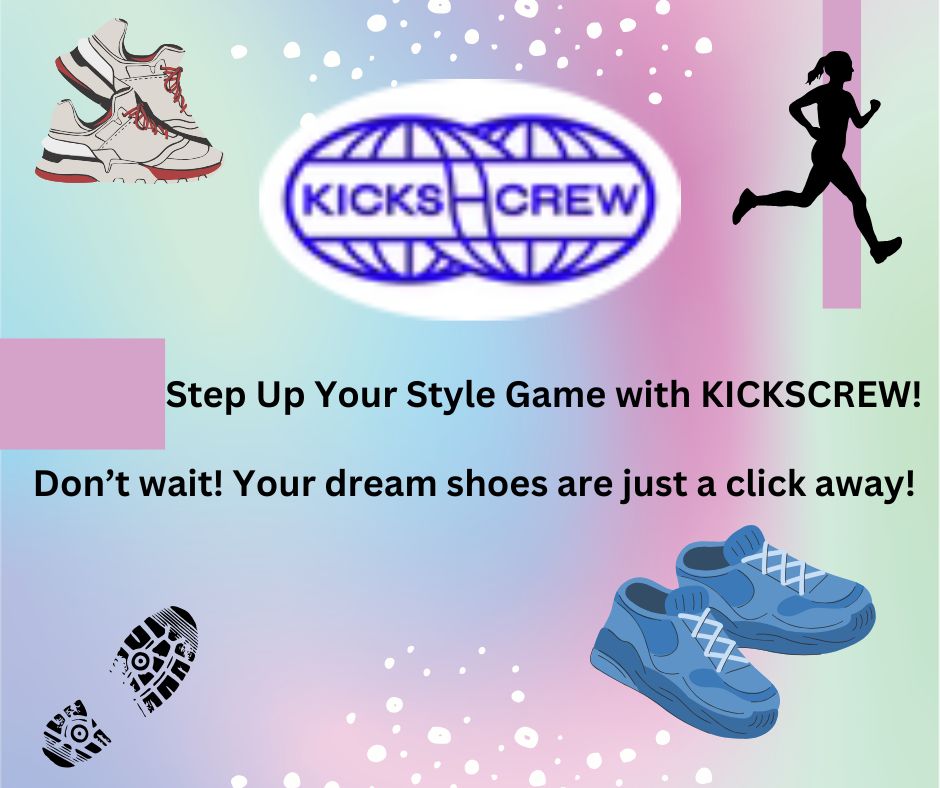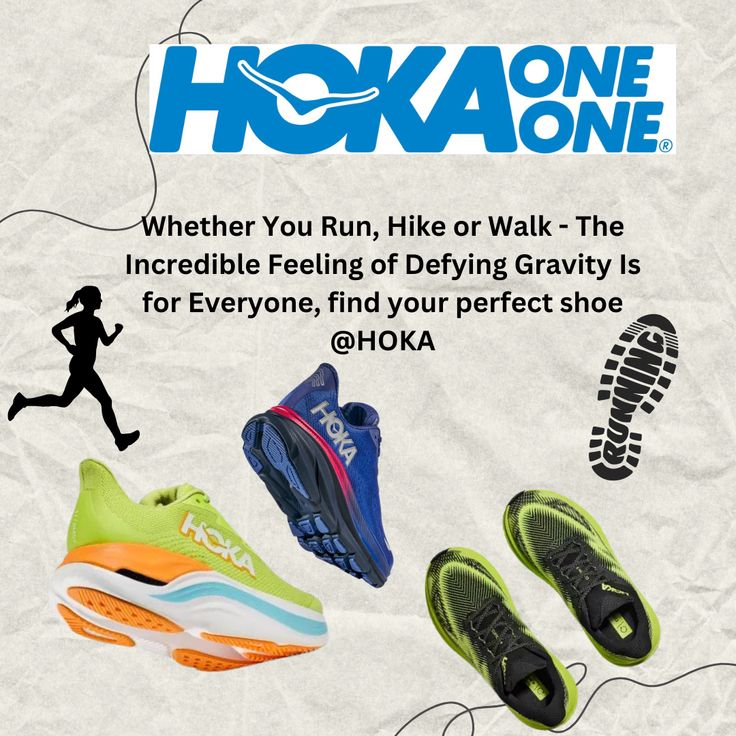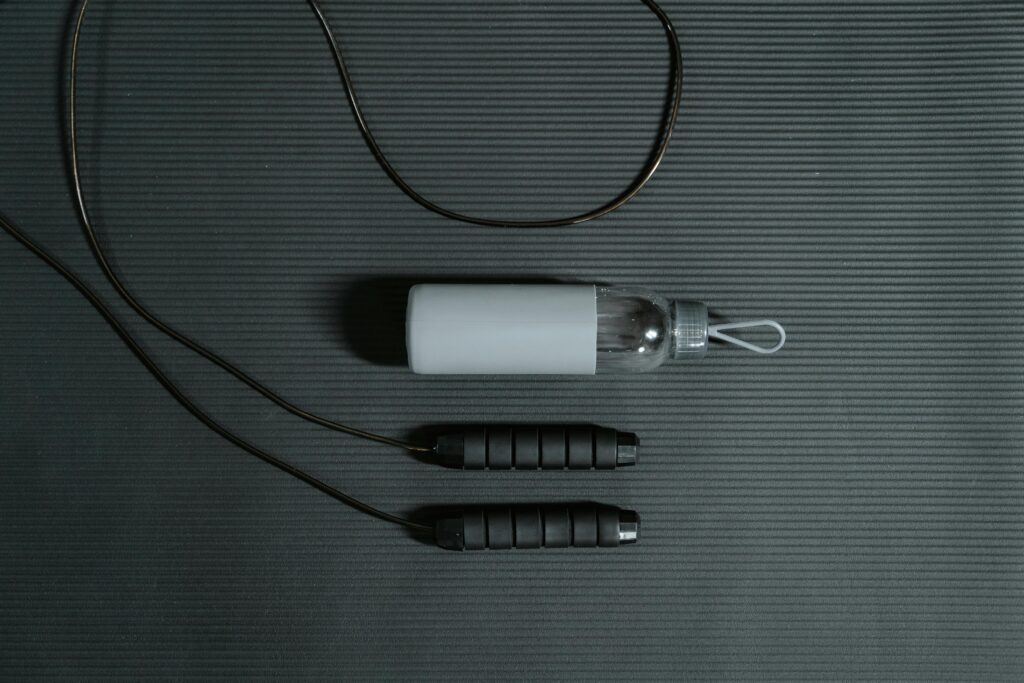
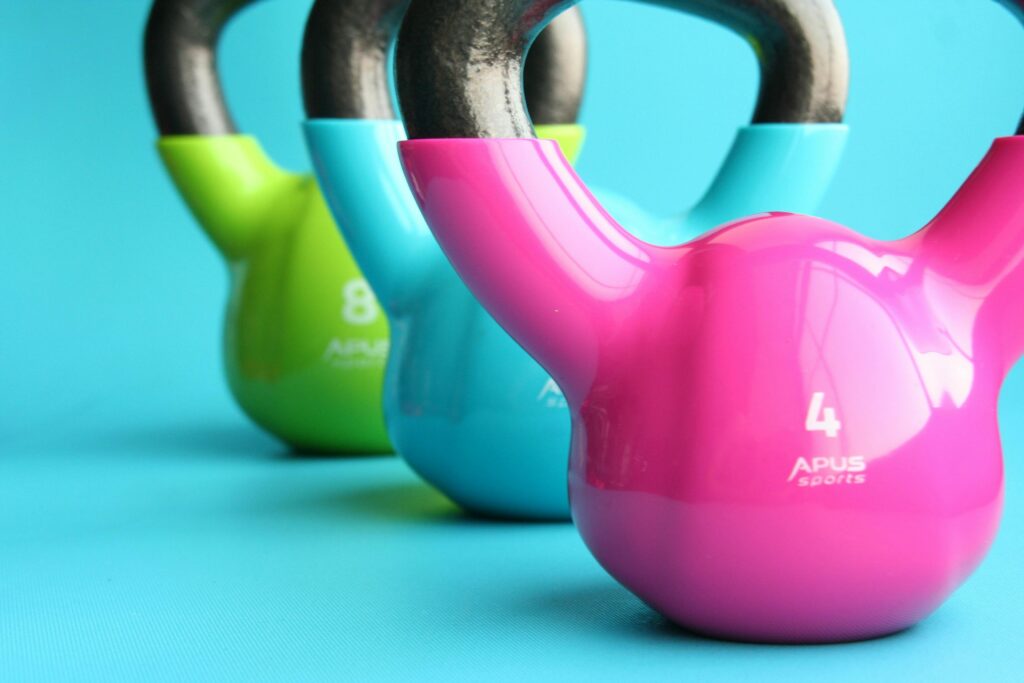
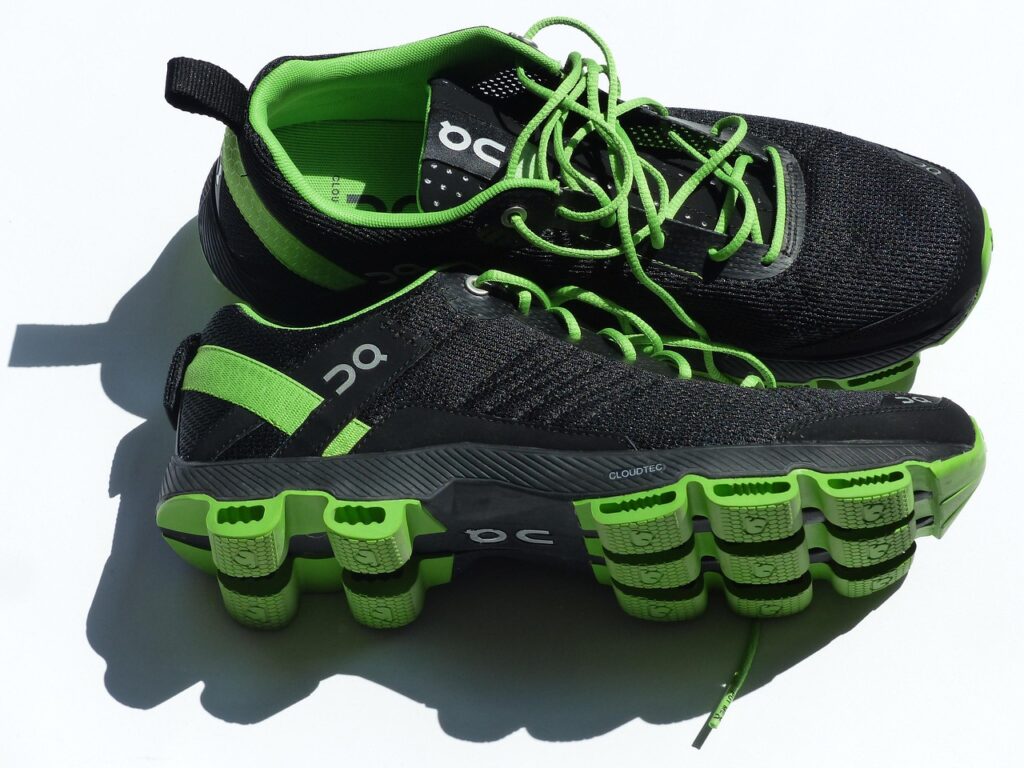
Choosing the right fitness gear can make a huge difference in the effectiveness, comfort, and safety of your workout routine. Whether you’re a beginner or a seasoned athlete, having the right equipment can enhance performance, prevent injuries, and keep you motivated. Here’s a guide to help you pick the best fitness gear for your workout needs.
1. Consider Your Workout Type
Different types of workouts require specific gear to ensure maximum efficiency and safety. Before purchasing fitness equipment or apparel, identify the type of exercise you’ll be doing.
- Cardio (Running, Jump Rope, HIIT Workouts): Opt for breathable clothing and supportive footwear.
- Strength Training (Weightlifting, Bodyweight Exercises): Choose non-slip shoes and comfortable workout gloves.
- Yoga & Pilates: Invest in a high-quality yoga mat and flexible, moisture-wicking clothes.
- Outdoor Workouts (Hiking, Cycling, Sports): Consider weather-resistant clothing and activity-specific gear like helmets or trekking shoes.
2. Choose the Right Footwear
Wearing the wrong shoes can lead to discomfort, poor performance, or even injuries. Select footwear based on your workout activity:
- Running Shoes: Designed for forward motion, providing cushioning and arch support.
- Where to find: @KICKSCREW
- Cross-Training Shoes: Ideal for multi-directional movements in gym workouts, HIIT, or aerobics.
- Where to find: @KICKSCREW
- Weightlifting Shoes: Offer a firm, stable sole to improve posture and support heavy lifting.
- Hiking Boots: Provide ankle support and grip for rough terrains.
- Where to find: @KICKSCREW
- Cycling Shoes: Designed with stiff soles for efficient pedaling.
- Where to find: @KICKSCREW
Always check for proper fit, breathability, and shock absorption when choosing workout shoes.
3. Select Comfortable Workout Clothing
Your clothing should allow ease of movement while keeping you cool and dry. Look for:
- Moisture-Wicking Fabrics: Materials like polyester, spandex, and nylon wick sweat away and prevent chafing.
- Compression Gear: Helps with muscle support and blood circulation.
- Stretchable & Breathable Clothing: Ensures flexibility and comfort during various workouts.
- Layering for Outdoor Workouts: If exercising in colder weather, wear moisture-wicking base layers, insulating mid-layers, and weatherproof outer layers.
- Where to find: @BEBE ACTIVITEWEAR
4. Invest in Essential Fitness Accessories
Depending on your workout routine, certain accessories can enhance performance and convenience:
- Fitness Tracker or Smartwatch: Helps monitor heart rate, steps, calories burned, and workout progress.
- Water Bottle: Staying hydrated is crucial, so choose an insulated bottle to keep your drink cool.
- Resistance Bands: Great for strength training, warm-ups, and rehabilitation exercises.
- Weightlifting Gloves or Grip Pads: Protect hands and improve grip during strength training.
- Jump Rope: A portable and effective cardio tool.
- Foam Roller: Helps with muscle recovery and flexibility.
- Where to find:
5. Consider Safety and Injury Prevention
Preventing injuries should always be a priority. Some gear can provide extra protection and comfort:
- Knee/Ankle Braces: Useful for those recovering from injuries or needing extra joint support.
- Wrist Wraps: Provide additional support during weightlifting exercises.
- Reflective Gear: Essential for running or cycling in low-light conditions.
- Proper Socks: Choose cushioned, moisture-wicking socks to prevent blisters and foot pain.
6. Budget vs. Quality: Finding the Right Balance
While expensive brands may offer high-quality fitness gear, there are budget-friendly options that provide similar benefits. Look for:
- Durability: Read reviews and check for sturdy materials.
- Comfort & Fit: Always prioritize comfort over brand names.
- Multi-Purpose Items: Some gear, like resistance bands or cross-training shoes, can be used for multiple activities.
Choosing the right fitness gear doesn’t have to be overwhelming. By focusing on your workout type, proper footwear, comfortable clothing, useful accessories, and safety features, you can ensure a better and more effective fitness experience. Investing in the right gear will not only enhance your performance but also keep you motivated and injury-free. So, gear up and get ready for a great workout!
